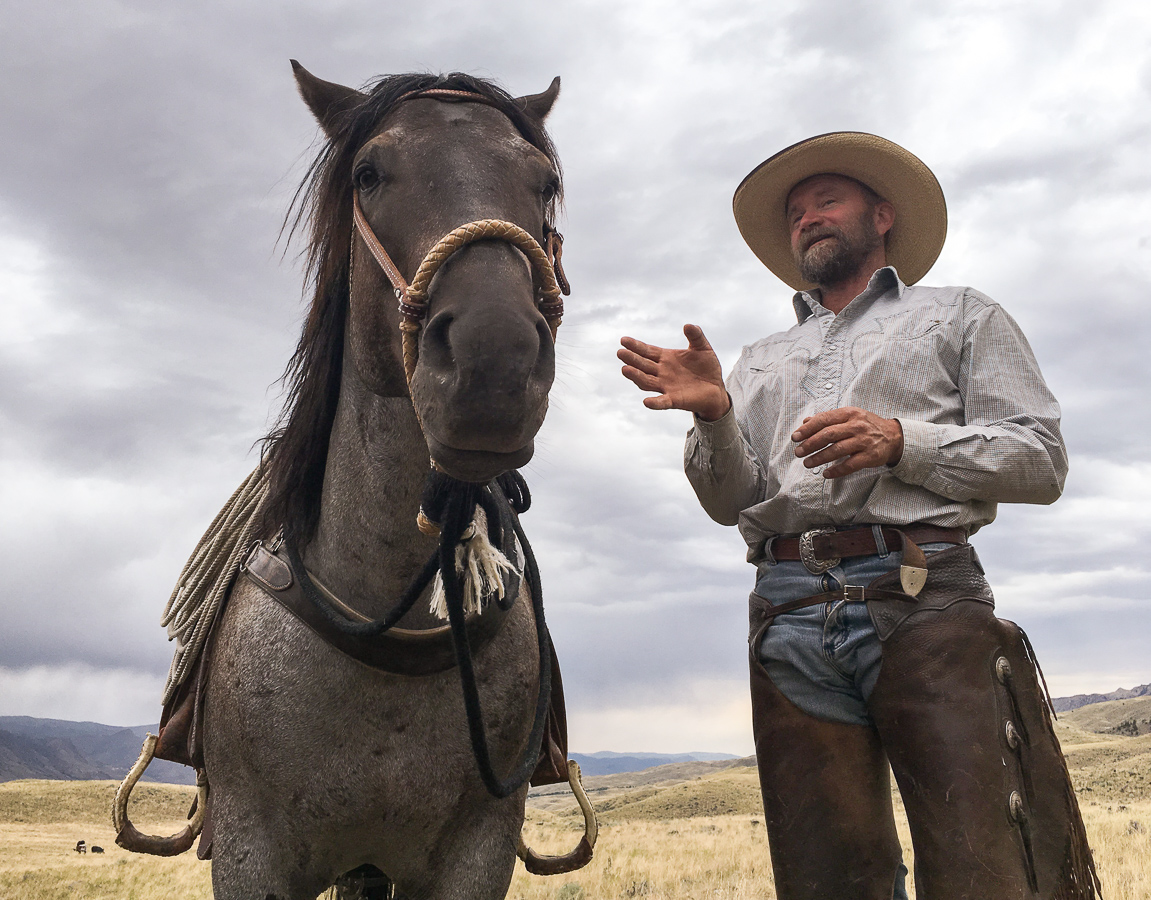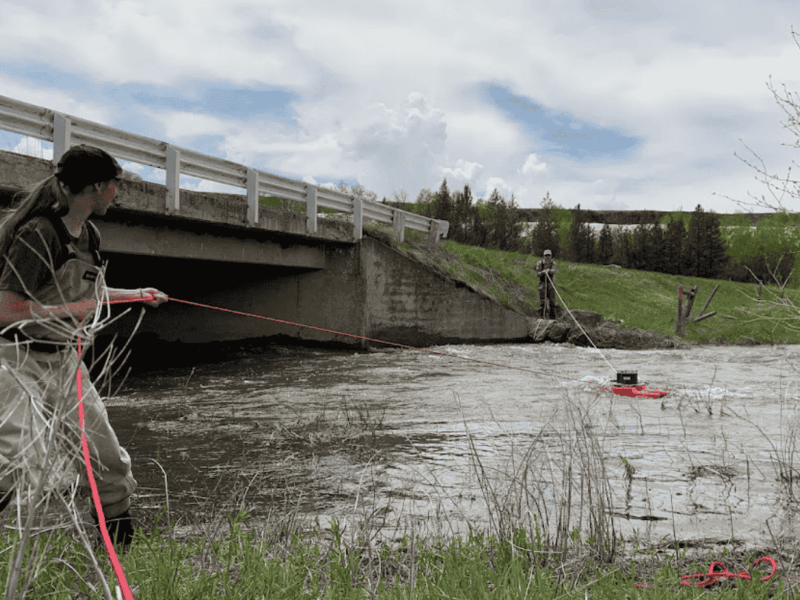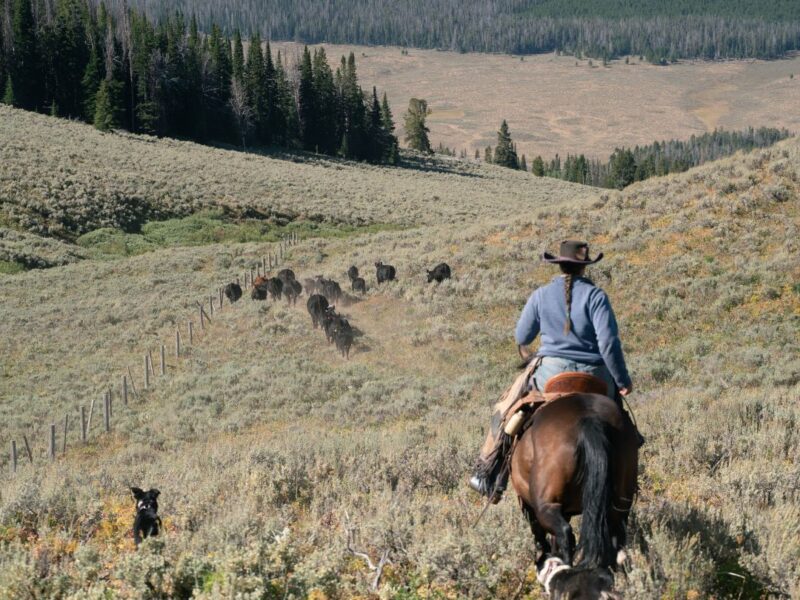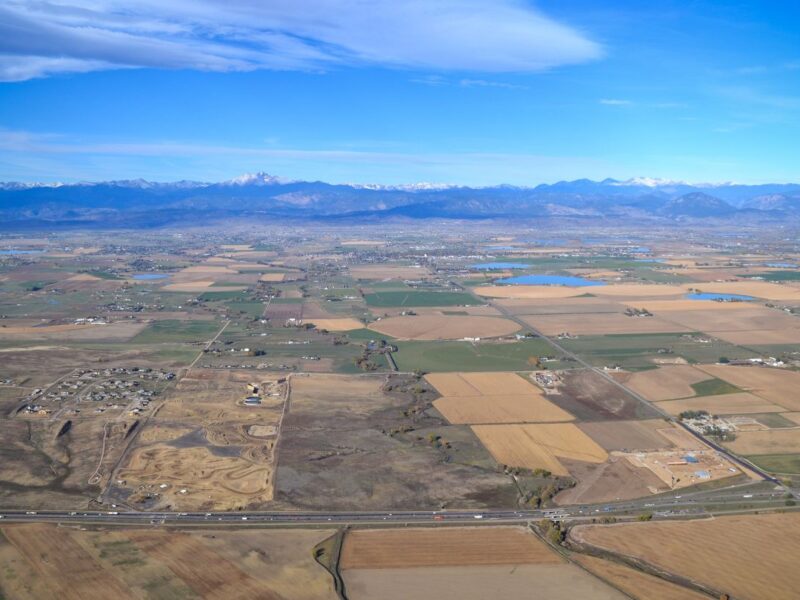Greg. A human of the working wild
Humans of the Working Wild is a collection of stories from people in the West who are living, recreating and working with and among wildlife on working lands, lightly edited from their own spoken words. Humans of the Working Wild speaks across the rural-urban divide, sharing common human experiences on working lands that provide important wildlife habitat. We are inspired by one of the most successful profile series of all time, Humans of New York.
My mom has always shared that I wanted to be a cowboy when I was like four years old. They (my parents) don’t know where that came from. As a toddler I got in a fight at the pool with another toddler, our parents met each other, and we became friends and their parents owned a ranch. Then I was on their ranch as much as I could be. I was totally hooked!
I worked on a dairy farm all through high school as well as one year in college. From this experience, I started off majoring in veterinary science and then I switched to biochemistry. After a while, I got burned out working for the university and the lab. I just wanted to be outside.
I want the bears to move away from the farmstead. I don’t want them just hanging around here. It’s part of my job too. I want to make sure I don’t make a mistake and get a bear in trouble like the ones that we’ve had to trap and remove… So I feel that responsibility and that weighs on you.
Greg.
I had a friend that owned a commercial fishing boat in Alaska. He just happened to call because my brother had told him I was looking for a new career. He needed another crew member and I said I’d do it. So I told my boss at the University of Idaho that I was going to Alaska for the summer and I’d start my graduate work when I got back. I never went back.
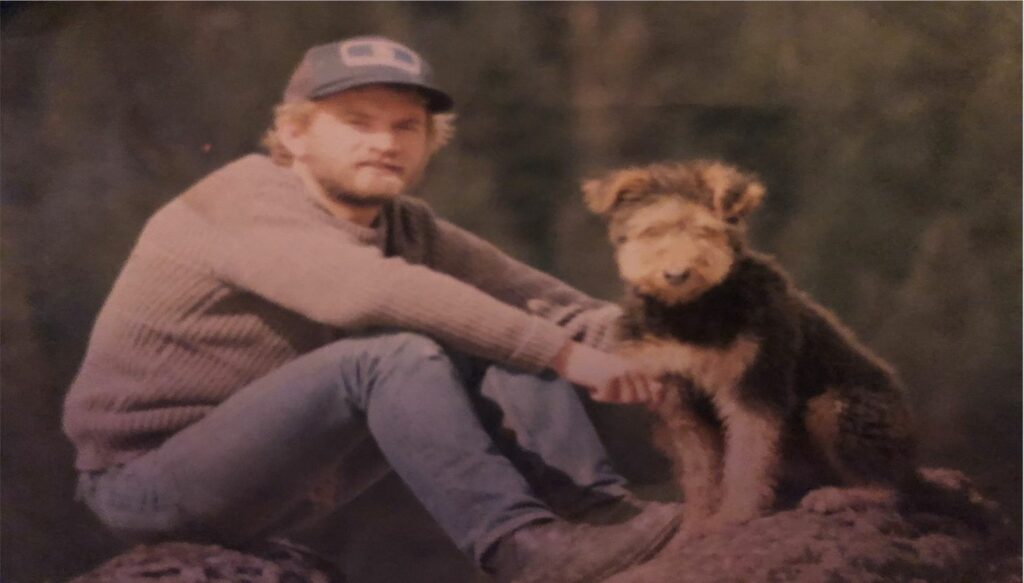
I got my introduction to depredation in the commercial fishing business. Harbor seals, in the fall, could clean your net out in a matter of minutes. I was never really concerned about them till one evening, I estimated they took about $3,000 of salmon from my net in about 30 minutes as we were hauling it in. I started thinking about what eats harbor seals: orcas. I was going to paint the bottom of my boat the color of an orca’s belly and play orca sounds into the water to scare off the seals.
Many years later, I got into managing cattle ranches and in 2010 started managing Ishawooa Mesa ranch with my wife, Karen. This was our first experience living in grizzly bear country, but we had wolves around the ranch we had managed back in Montana. They left our cattle alone for the most part and ate our neighbors’ instead for one reason or another.
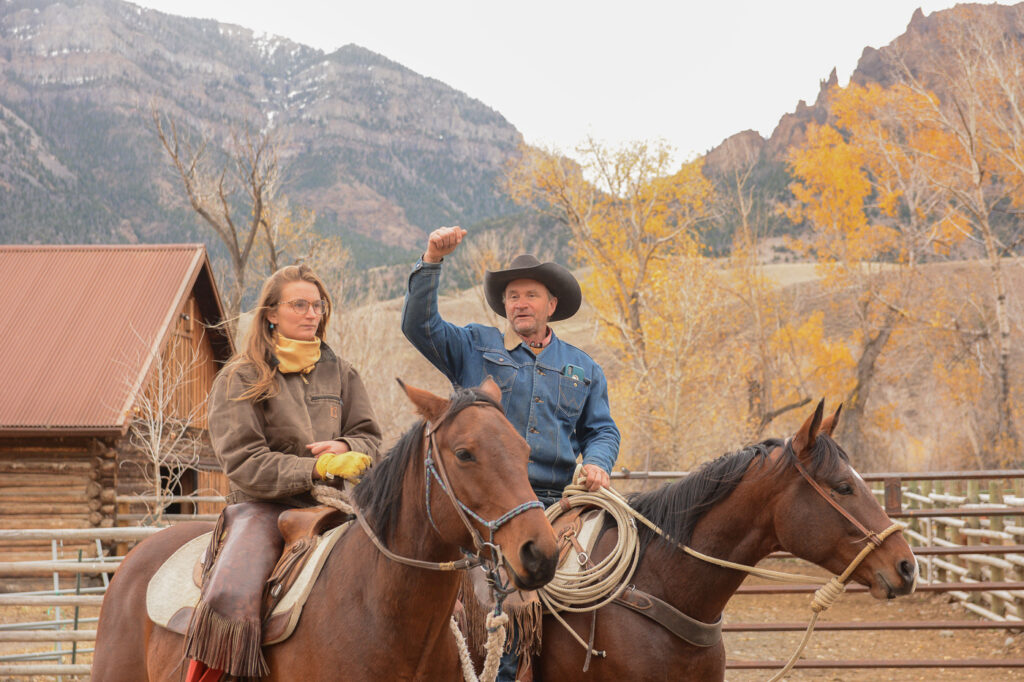
We have had a few losses to grizzly bears in the last twelve years. But, you know, when the bears are here in this valley, I don’t mind. I just find those things interesting. But, I want the bears to move away from the farmstead. I don’t want them just hanging around here. It’s part of my job too. I want to make sure I don’t make a mistake and get a bear in trouble like the ones that we’ve had to trap and remove. If I had been more diligent or if I had built a better structure to put the pigs in and keep the bears out, made that a priority, those bears wouldn’t have gotten in trouble. So I feel that responsibility and that weighs on you.


At the same time, our operation’s pretty small. I know all these cows. You know, if wolves tore Daisy into pieces, I’d be really sad because I love that cow, she’s got a name. You know, it’s like if you had a pet or something, so just think about that. If there’s a wild animal that came in and took money from your bank account, how would you feel about that? Even if it was cute and fuzzy, or majestic. You just have so many things working against you, whether you’re a fisherman, or a rancher or a farmer, it’s just you’re battling big things.



